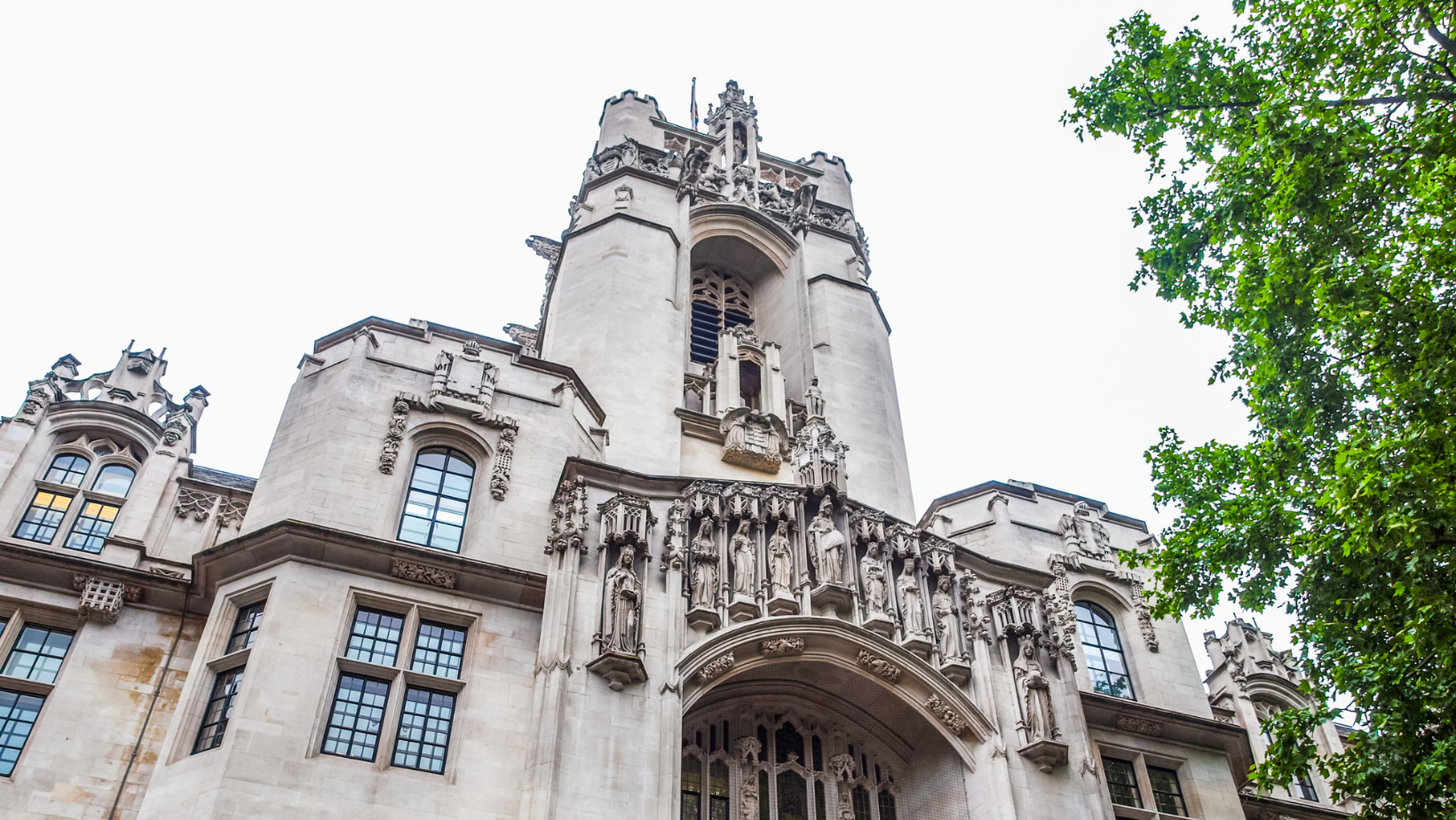A landmark ruling of the Court of Appeal last year, forcing a local Council to pay compensation to a homeowner for damage caused by Japanese Knotweed, has been overturned by Senior Judges in the Supreme Court.
Davies v Bridgend County Borough Council
The Court of Appeal in 2023 had ruled that the owner of a property could claim damages for a reduction in the value of their property if there had been an invasion of Knotweed from a neighbouring property.
Many cases have been brought since then and settlements had been made on the basis that reduction in property value was a legitimate Head of Damage that could be recovered.
The Supreme Court in Davies overturned the damages award against the Council, ruling that the “diminution in value” of Davies Property had not been caused by the Authority’s unlawful actions because the invasion of Japanese Knotweed occurred before 2013.
2013 is the date at which it first became widely known and accepted that Japanese Knotweed could cause damage to foundations.
The ruling turned on the Senior Judges view that the Authority’s failure to treat Knotweed between 2013 – 2018 had not materially damaged the property’s value. The judgment therefore does not mean that all future Knotweed-related cases will fail.
It is also worthy of note that when Mr Davies was successful in the Court of Appeal, the actual award was just £4,900 in a dispute where the Local Authority is said to have incurred legal costs of £300,000.
Implications for the future
One implication of the case is perhaps a change in the way claims will be framed. The Supreme Court in Davis v Bridgend has certainly put a restriction on the ability to claim for diminution in value of a property especially in circumstances where there is a treatment programme ongoing on the neighbouring land. One effect might be that Claimant’s will seek to eradicate Knotweed on their own land via the excavation route rather than the cost of herbicide treatment.
It can take many years for herbicide treatment to eradicate Knotweed from a property, whereas excavating all the soil and sieving it immediately removes the Knotweed, but of course excavation is very expensive, often costing tens of thousands of pounds. Arguably, this could be recoverable.
In conclusion, if your land is invaded by Japanese Knotweed after 2013 and there is no treatment plan in place on the land which is the source of it, there will be a claim for both an injunction and damages.
How Pinney Talfourd can help
If you have any questions regarding Japanese Knotweed, please do not hesitate to contact a member of our Property Litigation team at 01708 511 000 to discuss further.
The above is meant to be only advice and is correct as of the time of posting. This article was written by Stephen Eccles, Partner in the Property Litigation team at Pinney Talfourd LLP Solicitors. The contents of this article are for the purposes of general awareness only. They do not purport to constitute legal or professional advice. Specific legal advice should be taken on each individual matter. This article is based on the law as of May 2024.














